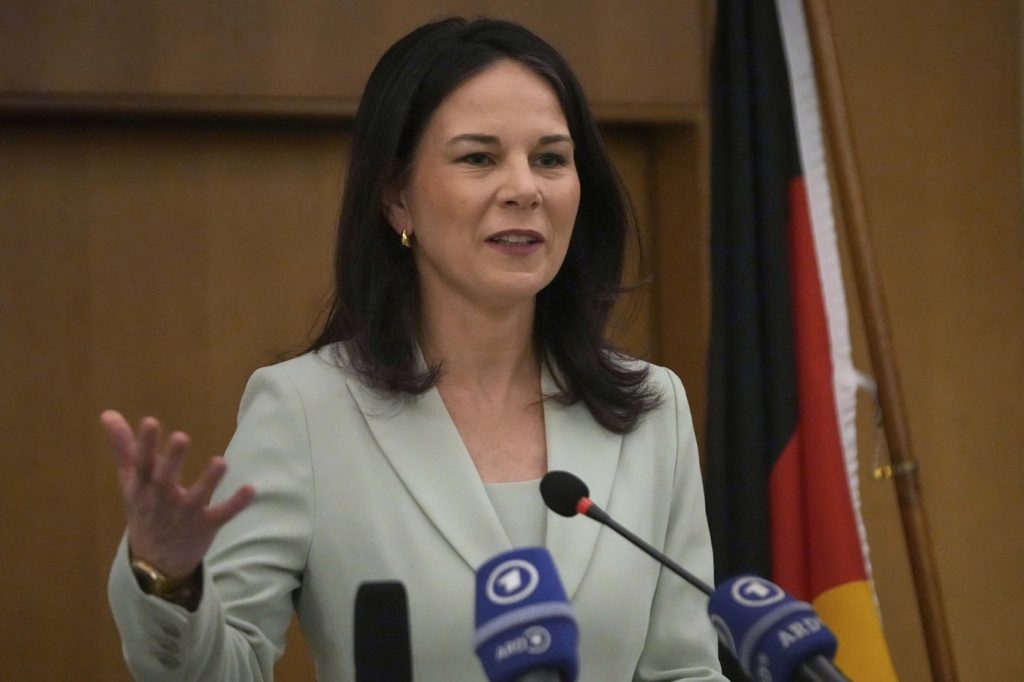BERLIN (AP) — Germany has reopened its embassy in Damascus, marking a significant diplomatic step 13 years after the facility was closed in the initial stages of Syria's civil war. The reopening ceremony was conducted by Foreign Minister Annalena Baerbock during her visit to Damascus, which is her second trip to the country since the ousting of former President Bashar Assad in December.
As a leading power within the European Union, Germany's decision to resume diplomatic relations is notable. Among the EU's 27 member states, Italy reopened its embassy last year prior to Assad's departure, while Spain reestablished its diplomatic mission following his ouster.
In her statements preceding her arrival, Baerbock emphasized that this visit is intended to convey a renewed message: "a political new beginning between Europe and Syria, between Germany and Syria is possible." However, she stressed that this renewal of relations comes with "clear expectations," including the need for freedom, security, and opportunities for all citizens in Syria—encompassing men and women as well as individuals from various ethnic and religious groups.
The situation in Syria remains tense, particularly in light of recent clashes that erupted earlier this month between fighters loyal to Assad and forces belonging to the country’s new rulers. These confrontations led to the most severe violence witnessed since the civil war's commencement, resulting in approximately 1,000 fatalities, predominantly among members of Assad’s Alawite minority community.
Baerbock remarked that these violent events have "massively cost confidence" in the region. She also called for the transitional government under interim President Ahmad al-Sharaa to take control of the actions of factions within its ranks and to hold accountable those responsible for the violence. This reflects an increasing recognition of the challenges that the transitional leadership faces in maintaining stability.
Moreover, the interim government recently signed a notable agreement with the Kurdish-led authority that governs northeastern Syria. Baerbock hailed this "historic" accord, asserting the importance of including other groups to ensure that they feel integrated and represented within the framework of a new Syria.
The diplomatic moves by Germany and the recent agreements in Syria highlight the evolving political landscape in the region. With numerous factions vying for power and influence, the importance of including diverse groups in the peace process cannot be overstated. Baerbock's visit and the reopening of the embassy signal a potentially transformative moment in German-Syrian relations, as well as a broader European approach to engagement with Syria in the aftermath of years of conflict.










